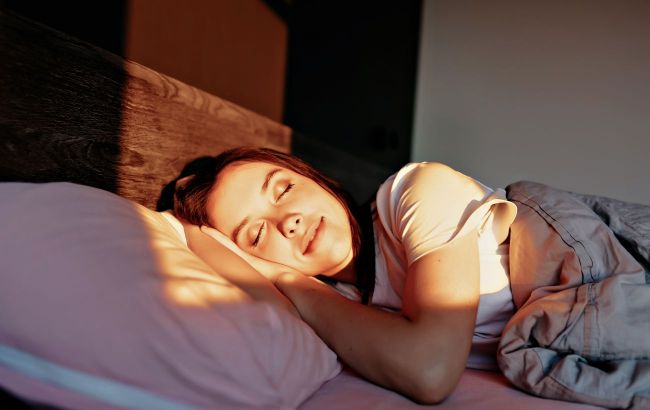Early bird or night owl? Science reveals how your chronotype shapes your health
 How to determine your chronotype (photo: Freepik)
How to determine your chronotype (photo: Freepik)
Not everyone who wakes up early is a lark. And those who like to stay up late aren't always owls. To understand your true chronotype, it's not enough to simply look at your wake-up time, assures Ukrainian sleep specialist Daria Pylypenko in an interview with RBC-Ukraine.
How to determine your chronotype
"You need to observe yourself. Think: when am I more active - morning, afternoon, or evening? Both physically and mentally. Everyone can understand when they are most active, at what time of day, and how easy it is to wake up," Daria explains.
According to her, larks are those who easily wake up at 6:00 AM, work actively in the morning, and feel drained by the evening. Owls, on the other hand, struggle to get up early, are more active later in the day, and often handle complex tasks after 8:00 PM.
“The best way to understand your chronotype is to keep a sleep diary. Record when you went to bed, how you felt in the morning, whether you felt sleepy, and what your mood was like. This helps assess sleep quality and the time your body works most efficiently,” the expert recommends.
Why it's harder for owls in today’s world
Pylypenko emphasizes that a chronotype isn’t a whim, but an innate biological trait. However, modern social rhythms often fail to account for owls’ needs.
“Owls are unfortunate in terms of today’s schedules because they simply can’t keep up. For instance, their internal clocks might say it's 2:00 PM, while the external clock shows midnight. Their rhythm can be as long as 26 hours,” she says.
However, more and more companies are switching to flexible schedules, and in some cultures (like Japan), even daytime naps are considered a sign of productivity rather than laziness.
What to do if you work at night
People who work night shifts belong to a special risk group. They need to pay extra attention to their health and routine.
“For such people, consistency is crucial. Sleep doesn’t tolerate chaos. If you have to work at night, try to stick to a regular schedule - like going to bed every day at 4:00 AM,” the sleep expert advises.
It's also important to trick the brain using light: at night, use special light boxes, and during the day, completely darken the room.
“The brain responds to light intensity, not color. It’s a blue light that signals daytime, so it’s best to avoid it before sleep,” Pylypenko explains.
Also, read if it's okay to sleep wearing jewelry.
This material is for informational purposes only and should not be used for medical diagnosis or self-treatment. Our goal is to provide readers with accurate information about symptoms, causes, and methods of detecting diseases. RBС-Ukraine is not responsible for any diagnoses that readers may make based on materials from the resource. We do not recommend self-treatment and advise consulting a doctor in case of any health concerns.

